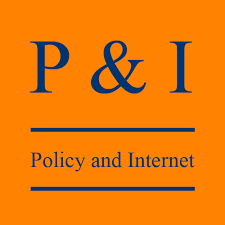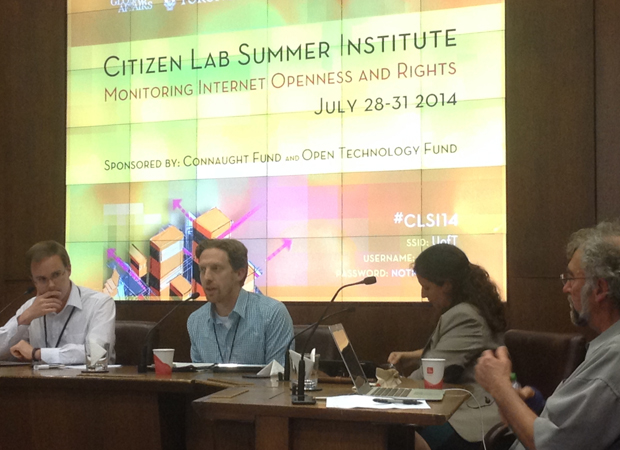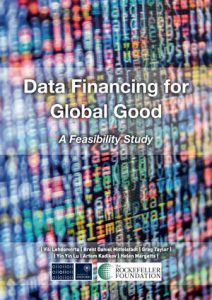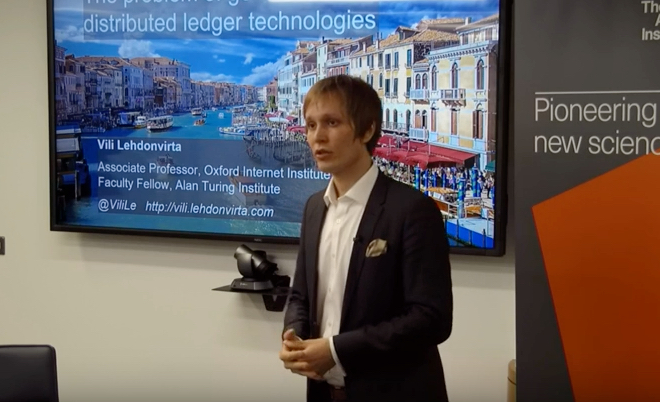
根据相关法律法规和政策,部分搜索结果未予显示 could be a warning message we will see displayed more often on the Internet; but likely translations thereof. In Chinese, this means “according to the relevant laws, regulations, and policies, a portion of search results have not been displayed.” The control of information flows on the Internet is becoming more commonplace, in authoritarian regimes as well as in liberal democracies, either via technical or regulatory means. Such information controls can be defined as “[…] actions conducted in or through information and communications technologies (ICTs), which seek to deny (such as web filtering), disrupt (such as denial-of-service attacks), shape (such as throttling), secure (such as through encryption or circumvention) or monitor (such as passive or targeted surveillance) information for political ends. Information controls can also be non-technical and can be implemented through legal and regulatory frameworks, including informal pressures placed on private companies. […]” Information controls are not intrinsically good or bad, but much is to be explored and analysed about their use, for political or commercial purposes.
The University of Toronto’s Citizen Lab organised a one-week summer institute titled “Monitoring Internet Openness and Rights” to inform the global discussions on information control research and practice in the fields of censorship, circumvention, surveillance and adherence to human rights. A week full of presentations and workshops on the intersection of technical tools, social science research, ethical and legal reflections and policy implications was attended by a distinguished group of about 60 community members, amongst whom were two OII DPhil students; Jon Penney and Ben Zevenbergen. Conducting Internet measurements may be considered to be a terra incognita in terms of methodology and data collection, but the relevance and impacts for Internet policy-making, geopolitics or network management are obvious and undisputed.
The Citizen Lab prides itself in being a “hacker hothouse”, or an “intelligence agency for civil society” where security expertise, politics, and ethics intersect. Their research adds the much-needed geopolitical angle to the deeply technical and quantitative Internet measurements they conduct on information networks worldwide. While the Internet is fast becoming the backbone of our modern societies in many positive and welcome ways, abundant (intentional) security vulnerabilities, the ease with which human rights such as privacy and freedom of speech can be violated, threats to the neutrality of the network and the extent of mass surveillance threaten to compromise the potential of our global information sphere. Threats to a free and open internet need to be uncovered and explained to policymakers, in order encourage informed, evidence-based policy decisions, especially in a time when the underlying technology is not well-understood by decision makers.
Participants at the summer institute came with the intent to make sense of Internet measurements and information controls, as well as their social, political and ethical impacts. Through discussions in larger and smaller groups throughout the Munk School of Global Affairs – as well as restaurants and bars around Toronto – the current state of the information controls, their regulation and deployment became clear, and multi-disciplinary projects to measure breaches of human rights on the Internet or its fundamental principles were devised and coordinated.
The outcomes of the week in Toronto are impressive. The OII DPhil students presented their recent work on transparency reporting and ethical data collection in Internet measurement.
Jon Penney gave a talk on “the United States experience” with Internet-related corporate transparency reporting, that is, the evolution of existing American corporate practices in publishing “transparency reports” about the nature and quantity of government and law enforcement requests for Internet user data or content removal. Jon first began working on transparency issues as a Google Policy Fellow with the Citizen Lab in 2011, and his work has continued during his time at Harvard’s Berkman Center for Internet and Society. In this talk, Jon argued that in the U.S., corporate transparency reporting largely began with the leadership of Google and a few other Silicon Valley tech companies like Twitter, but in the Post-Snowden era, has been adopted by a wider cross section of not only technology companies, but also established telecommunications companies like Verizon and AT&T previously resistant to greater transparency in this space (perhaps due to closer, longer term relationships with federal agencies than Silicon Valley companies). Jon also canvassed evolving legal and regulatory challenges facing U.S. transparency reporting and means by which companies may provide some measure of transparency— via tools like warrant canaries— in the face of increasingly complex national security laws.
Ben Zevenbergen has recently launched ethical guidelines for the protection of privacy with regards to Internet measurements conducted via mobile phones. The first panel of the week on “Network Measurement and Information Controls” called explicitly for more concrete ethical and legal guidelines for Internet measurement projects, because the extent of data collection necessarily entails that much personal data is collected and analyzed. In the second panel on “Mobile Security and Privacy”, Ben explained how his guidelines form a privacy impact assessment for a privacy-by-design approach to mobile network measurements. The iterative process of designing a research in close cooperation with colleagues, possibly from different disciplines, ensures that privacy is taken into account at all stages of the project development. His talk led to two connected and well-attended sessions during the week to discuss the ethics of information controls research and Internet measurements. A mailing list has been set up for engineers, programmers, activists, lawyers and ethicists to discuss the ethical and legal aspects of Internet measurements. A data collection has begun to create a taxonomy of ethical issues in the discipline to inform forthcoming peer-reviewed papers.
The Citizen Lab will host its final summer institute of the series in 2015.

Photo credits: Ben Zevenbergen, Jon Penney. Writing Credits: Ben Zevenbergen, with small contribution from Jon Penney.
Ben Zevenbergen is an OII DPhil student and Research Assistant working on the EU Internet Science project. He has worked on legal, political and policy aspects of the information society for several years. Most recently he was a policy advisor to an MEP in the European Parliament, working on Europe’s Digital Agenda.
Jon Penney is a legal academic, doctoral student at the Oxford Internet Institute, and a Research Fellow / Affiliate of both The Citizen Lab an interdisciplinary research lab specializing in digital media, cyber-security, and human rights, at the University of Toronto’s Munk School for Global Affairs, and at the Berkman Center for Internet & Society, Harvard University.










